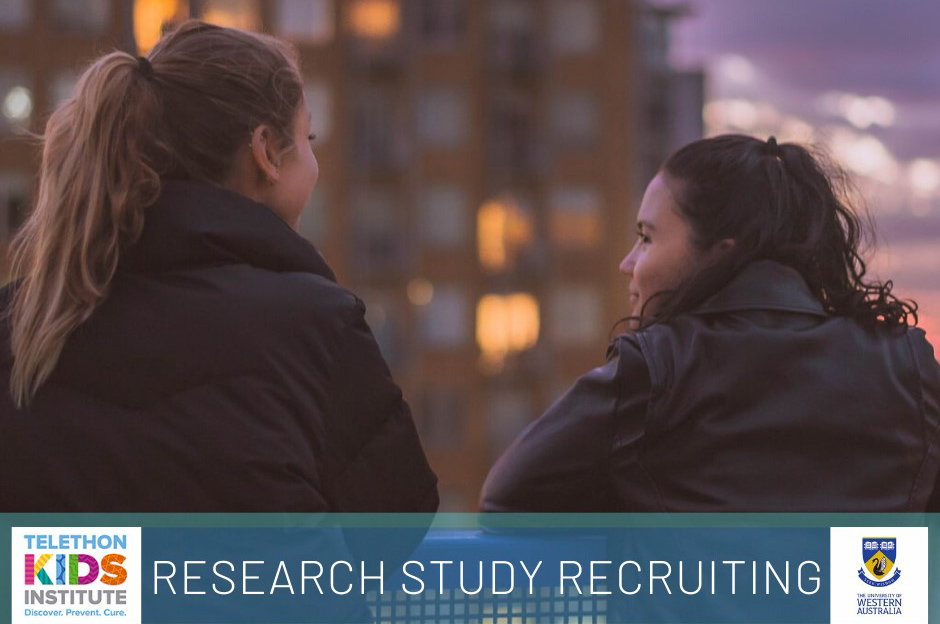Search

Are you 14-18 years old and attracted to people the same gender as you? We want you to help us understand how you feel other people see and treat you, and how this affects your mental health.

The Youth Mental Health team is looking for a diverse group of young people to help inform research into mental health in LGBTIQ+ young people.

Research
School-based depression and anxiety prevention programs: An updated systematic review and meta-analysisDepression and anxiety are often first experienced during childhood and adolescence, and interest in the prevention of these disorders is growing. The focus of this review was to assess the effectiveness of psychological prevention programs delivered in schools, and to provide an update to our previous review from five years ago (Werner-Seidler, Perry, Calear, Newby, & Christensen, 2017).
Research
The anticipatory response to stress and symptoms of depression and anxiety in early adulthoodWhilst cortisol reactivity has been associated with depression and anxiety disorders, research examining cortisol reactivity with early symptoms of these conditions in males and females is limited.
Research
Cohort description: Measures of early-life behaviour and later psychopathology in the LifeCycle Project - EU Child Cohort NetworkThe EU LifeCycle Project was launched in 2017 to combine, harmonise, and analyse data from more than 250,000 participants across Europe and Australia, involving cohorts participating in the EU-funded LifeCycle Project. The purpose of this cohort description is to provide a detailed overview over the major measures within mental health domains that are available in 17 European and Australian cohorts participating in the LifeCycle Project.
Research
Co-Designing Health Service Evaluation Tools That Foreground First Nation Worldviews for Better Mental Health and Wellbeing OutcomesIt is critical that health service evaluation frameworks include Aboriginal people and their cultural worldviews from design to implementation. During a large participatory action research study, Elders, service leaders and Aboriginal and non-Aboriginal researchers co-designed evaluation tools to test the efficacy of a previously co-designed engagement framework. Through a series of co-design workshops, tools were built using innovative collaborative processes that foregrounded Aboriginal worldviews.
Research
The impact of parental mental health problems on the educational outcomes of their offspring: Findings from the Raine StudyThere is limited evidence on the impact of parental mental health problems on offspring’s educational outcomes. We investigated the impact of maternal anxiety and depressive symptoms, as well as paternal emotional problems on the educational outcomes of their adolescent and young adult offspring.
Research
Toxoplasma gondii, Herpesviridae and long-term risk of transition to first-episode psychosis in an ultra high-risk sampleUltra high-risk (UHR) criteria were introduced to identify people at imminent risk of developing psychosis. To improve prognostic accuracy, additional clinical and biological risk factors have been researched.
Research
Perspectives of trans and gender diverse young people accessing primary care and gender-affirming medical services: Findings from Trans PathwaysIncreasing numbers of trans young people are seeking medical services worldwide, but there have been few qualitative investigations of the experiences of trans young people attempting to engage with these services to explore in-depth experiences of clinical interactions.
